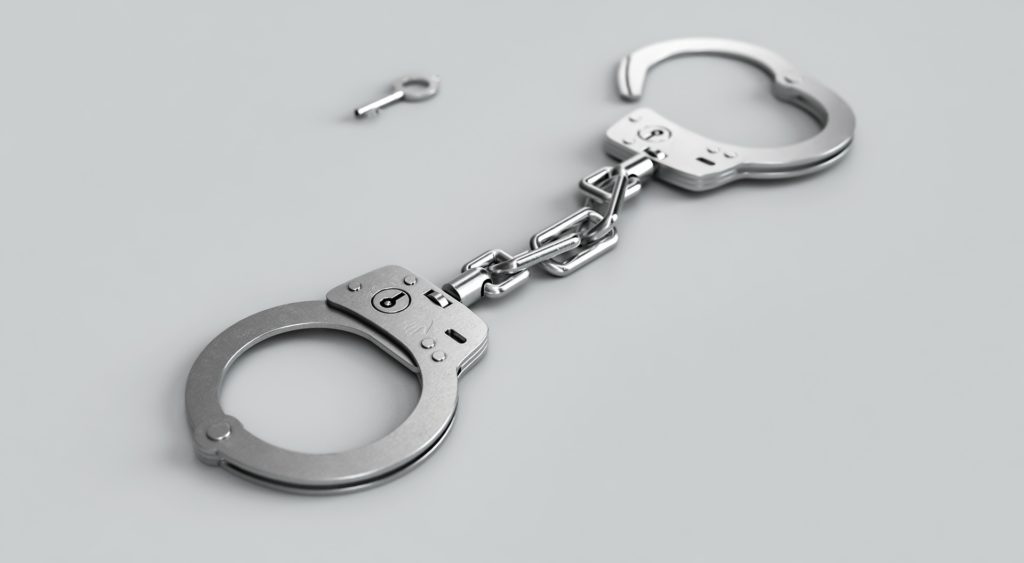In the event that you plead guilty to a criminal offence or are found guilty at trial, you will be sentenced by the judge.
While there are a number of available sentences, there are only two that would ensure that you don’t end up with a criminal conviction:
- Absolute discharge – immediate discharge from the finding of guilt with no conditions
- Conditional discharge – a period of probation with conditions before being discharged
The sentencing judge’s decision on whether or not to grant a discharge will be based on several important factors:
- The nature of your crime
- The circumstances in which the crime was committed
- Your personal circumstances
- The interests of the public

Regardless of whether you plead guilty to an offence or are found guilty of it, the judge may have the option to grant a discharge – either absolute or conditional:
An absolute discharge means that you are immediately discharged with no conditions. The discharge will appear on your criminal record for a year but, after that, no employer or other member of the public will know that you were charged for a crime. There will be no further interaction with the authorities concerning this offence and you will not be impeded from travelling (even to the U.S.)
A conditional discharge means that you are given conditions you must comply with for a specific period of time before you are discharged. The discharge record is kept on your file for three years, possibly impacting employment prospects and freedom of travel (most notably to the U.S).
Of these two types of discharge, a conditional discharge is by far the most common.
Who is eligible for an absolute discharge?
Very few people convicted of a crime in Canada are granted an absolute discharge.
Pleading guilty or being found guilty of certain crimes will immediately disqualify you from any form of discharge. A few examples include:
- Most violent crimes (e.g. armed robbery)
- Murder or manslaughter
- Some drug offences
- Some sexual offences (e.g. those involving children)
Serious crimes may carry a mandatory minimum prison sentence, which precludes the possibility of any type of discharge.
Even for lesser crimes, an absolute discharge is a a very rare sentence.
After all, you will have admitted to (or been found guilty of) committing a crime and will immediately walk free without any conditions, no criminal record, and with nothing in the public domain after a year to say that you were ever charged.
Such leniency is not often afforded by the courts in Alberta. As such, an absolute discharge is only considered in unique and exceptional circumstances, such as when:
- The offence was very minor
- There were extenuating circumstances
- The offence caused no loss to other people or to property
- You have voluntarily taken steps towards rehabilitation (e.g. taken counselling)
- You have made a contribution in some form to the general community (e.g. community service or charity work)
In addition to these circumstances, you will usually only be considered for an absolute discharge if you:
- Have no prior criminal record
- Have never been charged with a crime before
- Have never been granted a discharge before
- Are deemed to pose no risk to others if your conviction is not made public
In short, unless it is in the public’s best interests, as well as yours, you will not be considered for any type of discharge.
When deciding this, the judge will consider the pros and cons of your conviction being a matter of public record.
If the crime is particularly common in the community, for instance, keeping a conviction on record may be seen as a deterrent to others. A discharge would therefore not be in the public interest.
Other examples where discharge would not be considered are where fraud, deceit, or taking advantage of other people has occurred. The court wishes to protect employers and other organizations from future criminal activity by making your crime a matter of public record.
How to apply for an absolute discharge
An absolute discharge is very difficult to earn from a judge.
You will need to plead guilty or be convicted of an offence that is eligible for discharge at trial.
Then your criminal defense lawyer will need to present a compelling case to the judge for your discharge.
Your lawyer must demonstrate how your discharge is in the best interests of the general public, as well as in your best interests.
For minor offences that are not common in the community and which involve no threat to the public, imprisoning you may not act as a major deterrent for others.
In these circumstances, it could be argued that a discharge should be considered as a conviction and a criminal record is not making the public any safer.
When presenting to the judge, your lawyer will bolster your case by providing evidence of your general good character and reputation.
